A Dietary Guide to Gifting Your Fatty Liver a Long Life

Decoding the Disease: Fatty Liver Medication and Other Holistic Solutions
19 Feb 2024
The liver, a true marvel of the human body, performs numerous vital tasks. But what happens when it starts accumulating fat? This condition, known as ‘Fatty Liver Disease’, can lead to serious health complications such as liver cirrhosis if left untreated. But it’s not all doom and gloom; there are various treatments available to manage this condition.
In this article, we will delve deeper into the pharmacological treatments for fatty liver whilst taking a peek at some lifestyle modifications as well. Whether you have been recently diagnosed with this condition or are caring for someone who has it, we aim to arm you with valuable knowledge and support you on this journey.
Understanding Fatty Liver
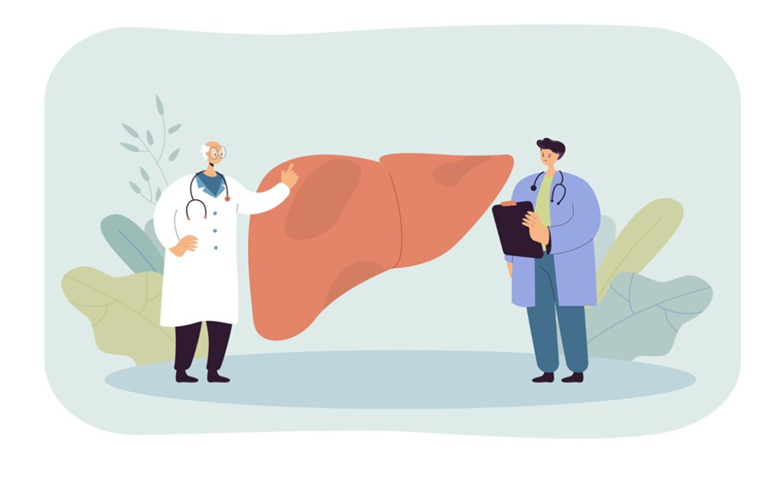
Fatty liver disease, or in scientific terms- Hepatic Steatosis, refers to the accumulation of excess fat in your liver cells, which can potentially hamper its function over time. It is a global health concern, affecting one-third of the population in India.
There are two forms of this disease namely,
- Alcoholic Fatty Liver Disease (AFLD) — Caused by excess alcohol intake.
- Non-Alcoholic Fatty Liver Disease (NAFLD)— Caused by obesity or high sugar levels.
Addressing fatty liver medication, specifically NAFLD, currently, there are no specifically approved medications for Hepatic Steatosis. However, clinical trials have shown certain classes of medicines that may hold promise. But which drugs exactly are we talking about? Let’s delve deeper.
Did you know: According to a survey by AIIMS, 38% of Indians suffer from non-alcoholic fatty liver disease.
Orlistat: Weight Management or More?
Orlistat might ring a bell for anyone familiar with weight loss medications. This gastrointestinal lipase inhibitor helps in weight management and is a potential fatty liver medication.
Did you know: According to a school-based survey on children of the 11-15 year-old age bracket, 50% of overweight children are prone to fatty liver.

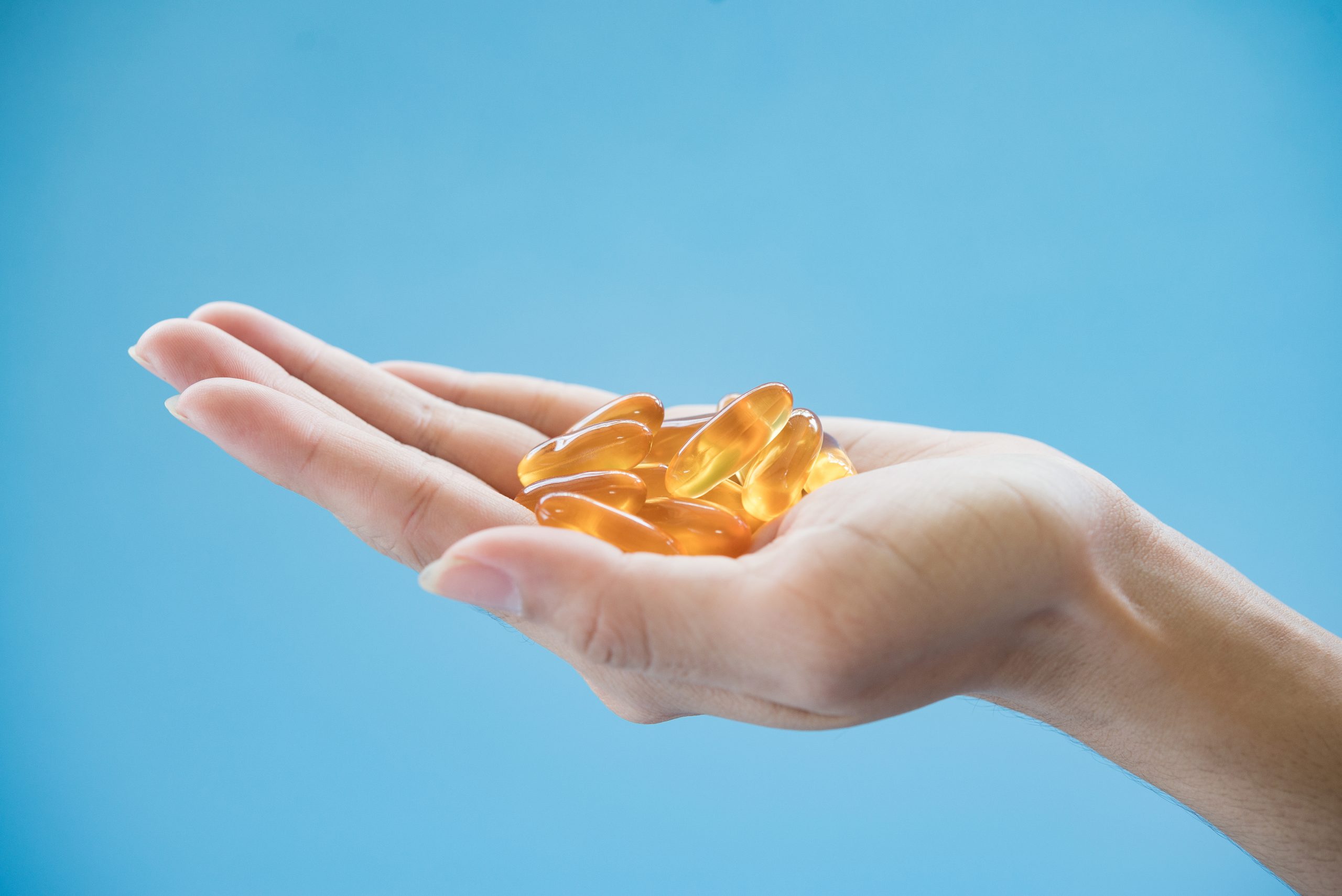
Omega-3 & PUFAs: More than Fish Oil
Another group of compounds that have shown favourable results are Omega-3 Polyunsaturated Fatty Acids (PUFAs). You might recognise them from your fish oil supplements! They have demonstrated significant improvements in reducing liver steatosis and inflammation.
Did you know? Walnuts are not just delicious but also a convenient source of omega-3s. Snack on a handful daily to give your liver the boost it deserves!
Statins: The Multitasking Medication for Fatty Liver
‘Statins’ are a class of drugs to help lower cholesterol levels. Miraculously, statins for fatty liver serve a dual purpose. Not only do they regulate lipid levels they also show promise in reducing inflammation and fibrosis in the liver! These silent heroes might just be the unsung warriors in our battle against fatty liver disease
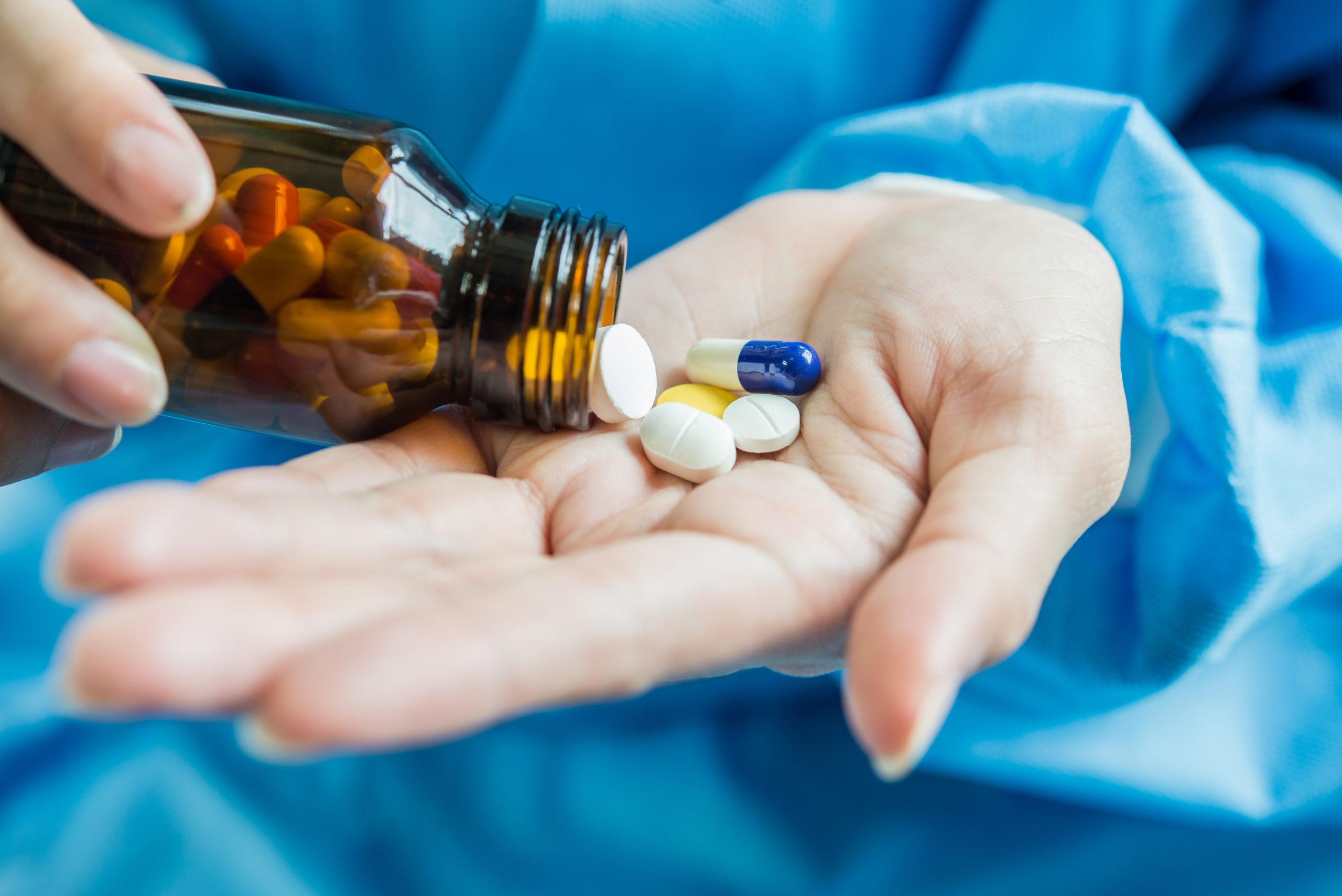
Prevention is Better than Cure
While fatty liver medications form a crucial part of tackling fatty liver disease, let’s pause for a moment and think. Can we prevent it without medicines? The answer is a resounding yes!

- Exercise: Regular exercise is the best way to reduce fat in the liver. However, we cannot expect the benefits of physical activity to manifest magically overnight. The key is consistency and patience. Rome wasn’t built in a day!
- Sleep: Sleep is not just for beauty but is a non-pharmacological treatment for fatty liver too! 7-8 hours of regular sleep supports various body functions that play a role in fat metabolism.
- Eating healthy: A plate of fruits, vegetables, whole grains, and lean protein is healthy and prevents unnecessary fat growth around our liver. Eat healthy to stay healthy because you are what you eat!


- Reduce alcohol intake: Steer clear of alcohol as it directly affects and aggravates fat accumulation in the liver.
Your health isn’t a solo mission but a team endeavour. At tatvacare.in, we’re here to stand by your side, offering you access to reliable medical information and professional support. Get in touch with us today for further guidance on managing fatty liver. Collaborate with us for a healthy tomorrow.
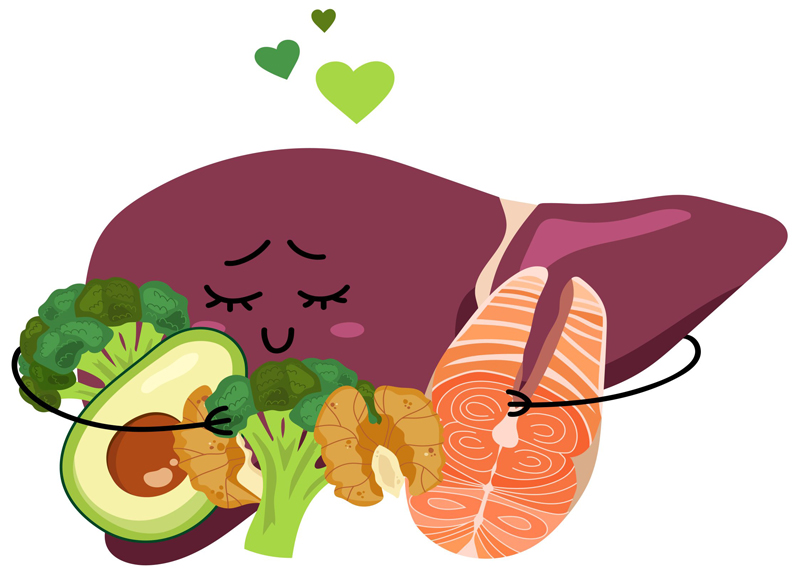
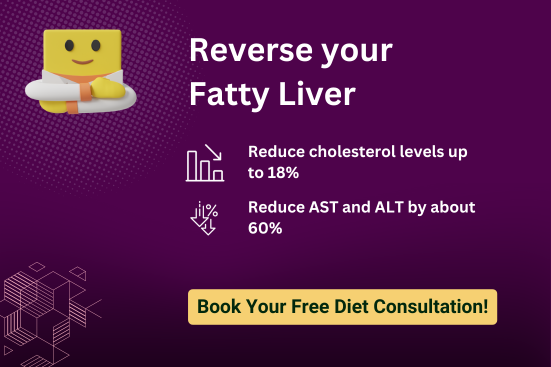
FAQs
Q. Can a person with fatty liver disease consume alcohol?
A: While small amounts of alcohol may not necessarily worsen fatty liver disease, alcohol can exacerbate liver inflammation and could accelerate the progression towards more severe liver diseases. Hence, abstinence is generally recommended.
Q. Can I continue with my current diet while on medication for fatty liver disease?
A: For the pharmacological treatment for fatty liver to work effectively,. Consume foods rich in omega-3 fatty acids, increase your fibre intake, and avoid foods with high fructose content to reverse fatty liver disease.
Q. How will I know if my fatty liver medication is working?
A: Regular check-ups with your doctor involving blood tests or liver scans to assess inflammation and fibrosis levels. Positive changes in these reports, along with improvements in symptoms and overall well-being, would indicate effective treatment.
Q. Are there any side effects associated with statins for fatty liver?
A: It is crucial to consult with your doctor before initiating any treatment to guide you about the right medication based on your health and lifestyle as statins come with potential side effects such as muscle pain and increased blood sugar levels.
Q. How do mental health conditions, such as depression and anxiety, influence the progression of fatty liver disease?
A: Depression and anxiety can worsen fatty liver disease. Stress hormones from mental health conditions can directly harm the liver. Taking care of mental health is vital for overall well-being before incorporating medications for Hepatic Steatosisinto your routine.

Medically reviewed by
Dr. Krunal Chaudhari 
MBBS, MD
Recent Blog
- CDSS – Revolutionising Diagnosis with AI-Powered Clinical Decision Support System
- Handwritten to Digital in Seconds: SmartSync Converts Prescriptions Instantly
- Voice Rx by TatvaPractice: A Smarter Way to Digitise Prescriptions
- PCOS Facts vs. Myths: Get the Right Information
- The PCOS-Insulin Resistance Connection: Unlocking Solutions for Better Health
Archives
Categories
- Asthma (20)
- Diabetes (15)
- Fatty Liver (20)
- High Blood Pressure (2)
- High cholesterol (2)
- Hypertension (2)
- Insulin Resistance (1)
- Obesity (8)
- PCOS (6)
- TatvaPractice (11)
Let’s Connect
Quick contact




